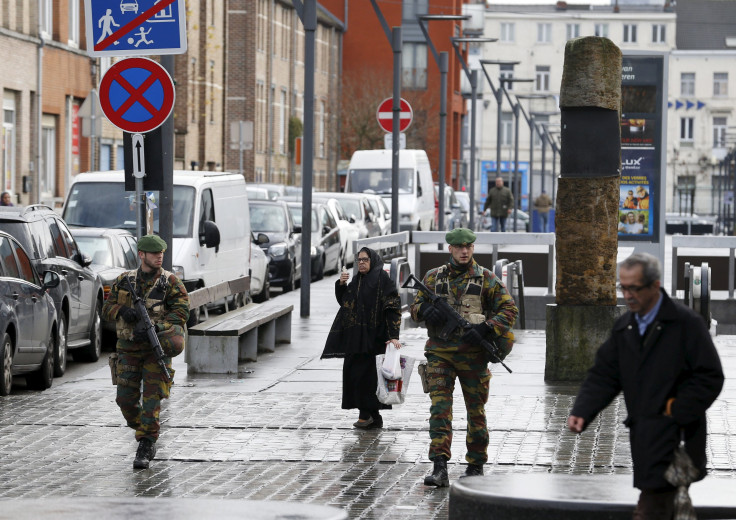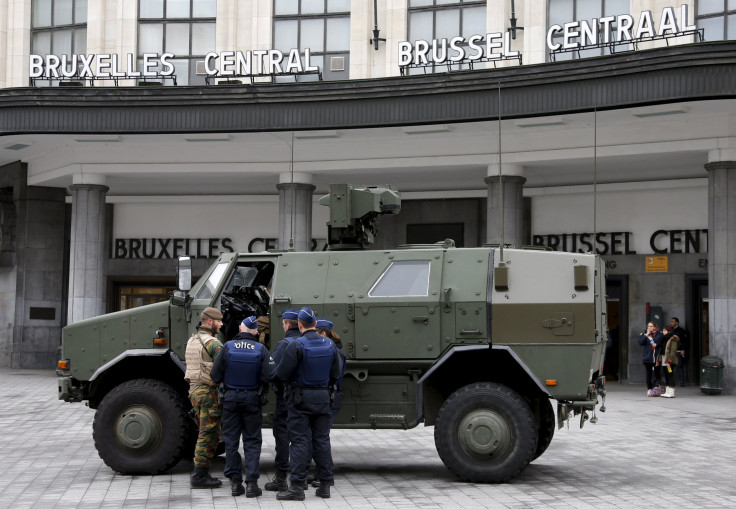Belgium Terror Threat: Intelligence Resources In Brussels Stretched Thin, Despite City's History With Terrorism

Brussels was on maximum alert for the second day Sunday, and as debate swirled on extending the lockdown into the work week, eyes have turned to the city’s long and complicated history with terrorism and its splintered, under-resourced intelligence forces. Belgium has approximately 1,000 intelligence officers to monitor a watch list of 800 suspected extremists, and the officers must also keep track of foreign spies operating within Brussels, the Economist reported.
Molenbeek, the Brussels suburb authorities raided Nov. 16 and 19 in the hope of catching fugitive Salah Abdeslam, long has been home to terrorists including those involved in the 2004 Madrid train bombings, attacks on a Jewish museum in Brussels in 2014 and the attempted attacks on a train from Amsterdam to Paris in August.
Belgian Prime Minister Charles Michel has said almost every time a terror attack occurs, "there's a link with Molenbeek."
Known as the political and military stronghold of Europe, Brussels -- home to the European Union and North Atlantic Treaty Organization -- is also the center of the continent’s terrorist network. And yet, improvement on security cooperation between Belgium and the other EU nations has been slow. The Economist reported even Europe’s so-called joint databases on criminals and terrorists contain little data or are not easily searchable.

Even after this year’s terrorist attacks on French satirical magazine Charlie Hebdo, resolving intelligence communications issues among the EU nations hit roadblocks -- mostly due to the European Parliament’s resistance and security forces’ unwillingness to share information out of fear of leaks or exposure of domestic failings.
“Terrorism is borderless,” Belgium’s former Prime Minister Guy Verhofstadt told the Economist. “Intelligence has to be borderless also.”
Brussels’ terror alert was raised to the maximum level Friday night after a fugitive gunman from the Paris attacks, thought to be affiliated with the Islamic State group, was believed to be hiding in the city.
The metro was quickly shut down, events were canceled and the Crisis Center of the Belgian Interior Ministry advised citizens to avoid areas with large gatherings, such as airports, train stations, stadiums and concert venues. The city’s Central Station was even evacuated briefly Sunday, only to be reopened shortly afterward once a suspicious package proved to be a false alarm, local media reported.
© Copyright IBTimes 2025. All rights reserved.




















